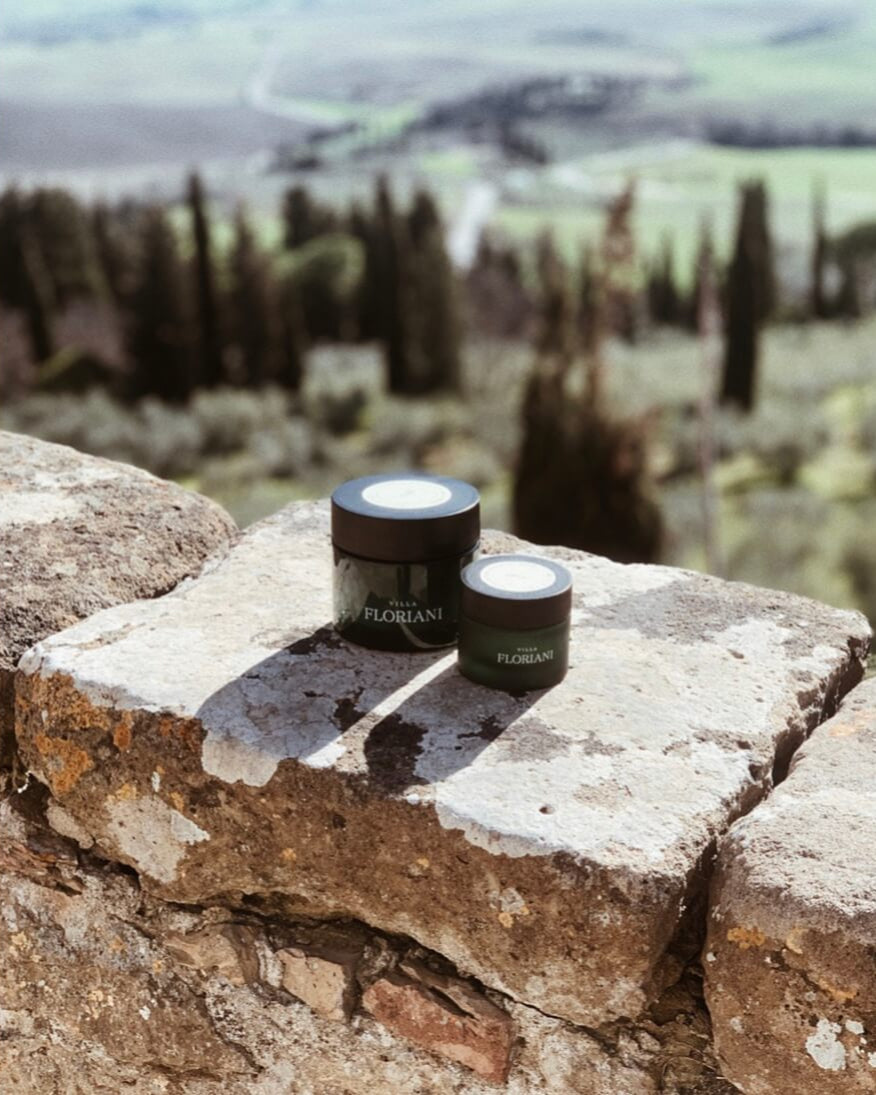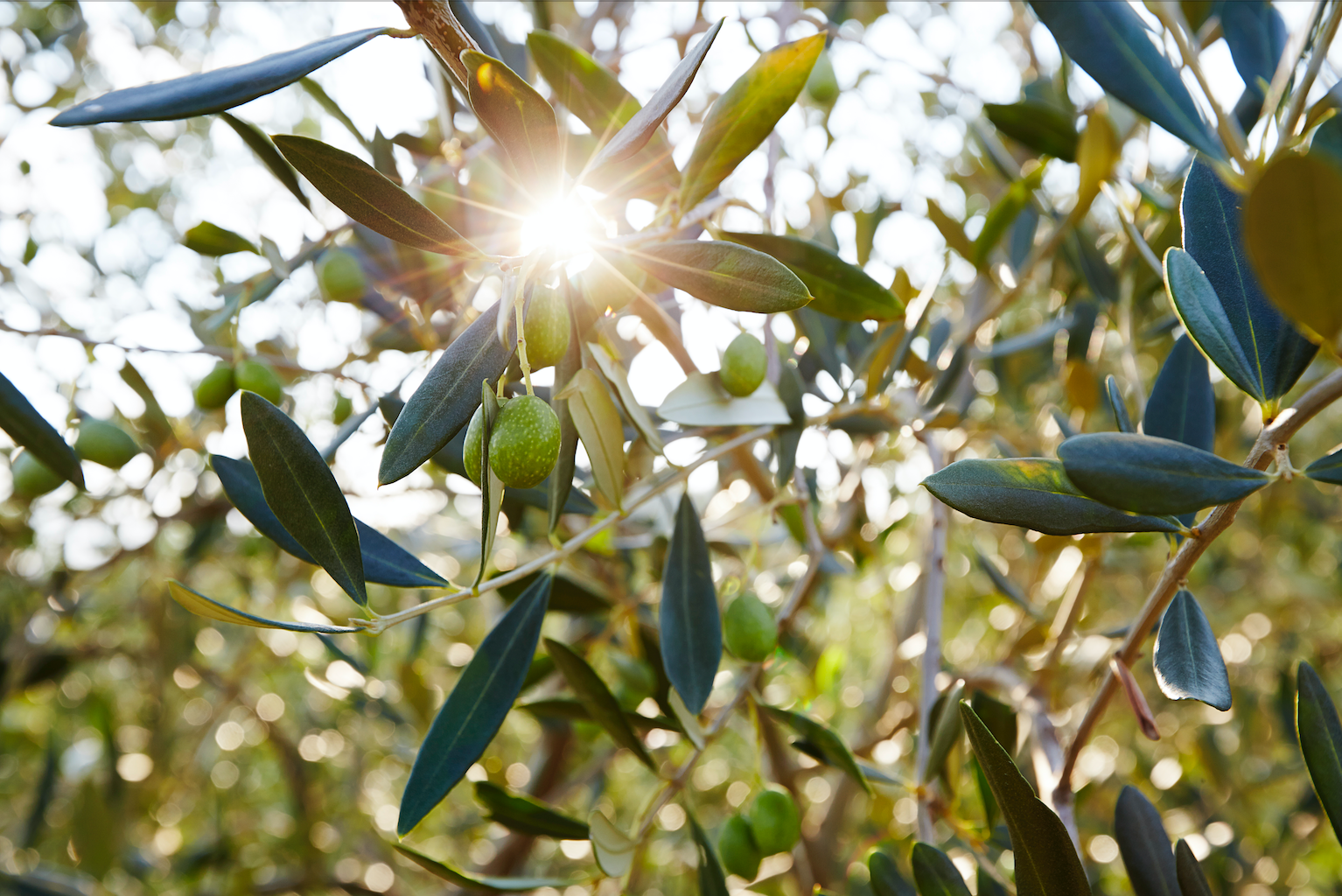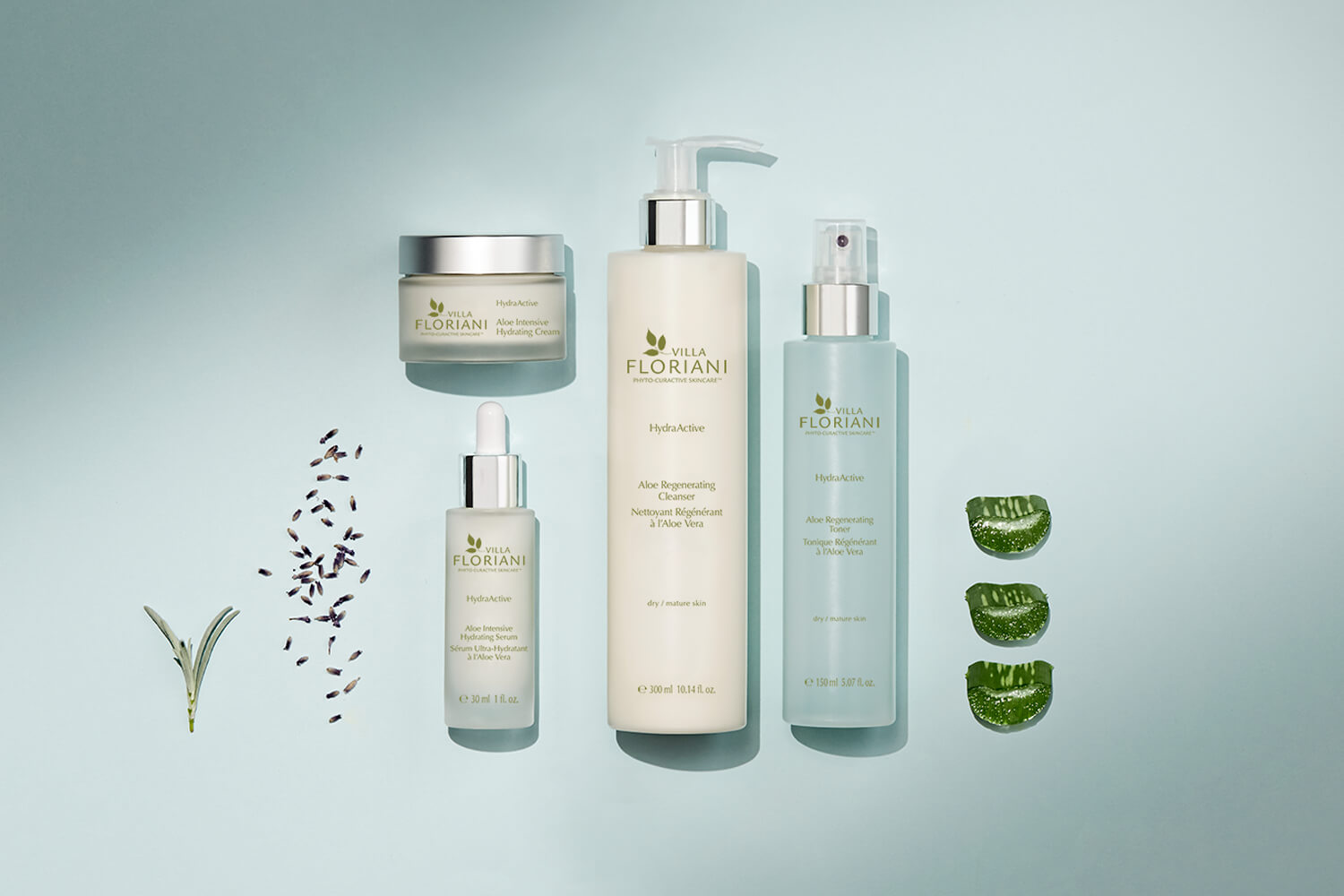
The 8 Signs of Sensitive Skin and 8 Plants that Treat them
What’s the first word you think of when you hear the word ‘skin’?
…
Chances are, you didn’t answer ‘barrier’. Yet this is actually your skin’s most important role. How your skin looks and feels is directly affected by how it performs this primary function.
The barrier of those with sensitive skin types allows more irritants to penetrate. This is no cause for alarm – it’s a variation of normal (in fact, 45% of Americans are reported to have sensitive skin). It simply means a little extra care is needed to ensure:
- The barrier is protected and reinforced
- Irritants are avoided
- The threshold for irritation is increased
- When reaction occurs, it’s soothed gently
Do I Have Sensitive Skin?
If you have experienced any 3 of these signs regularly, it’s time to switch to a sensitive range*.
*please do consult your dermatologist if you experience persistent symptoms or are worried you may have a condition or allergy.
- Red - Redness can appear in blotches or blushes and everything in between.
- Reactive - Your skin reacts to triggers, from soaps and perfumes to a strong wind on a blustery day.
- Itchy - You often have the urge to scratch your skin (and scratching makes it worse!)
- Pain - Your skin stings and burns upon contact with strong products and chemicals.
- Dry - Your skin often appears or feels dry – all over or in patches – and flakes or peels easily.
- Rashes - You’re prone to rashes that aren’t due to allergy.
- Breakouts - You often see blemishes or breakouts, but acne treatments exacerbate the problem.
- Burn - The sun may make your skin feel more sensitive and you’re likely to burn easily.
Nature to The Rescue
Sensitive skin is often reactive to synthetic and harsh chemicals. Plants are biocompatible: their building blocks are the same as those of the skin, so they’re able to work with and less likely to irritate it. Even better, many plants have properties ideal for dealing with the signs and symptoms of sensitive skin:
- Chamomile - Used for centuries to treat heat stroke, camomile has long been known to be calming. The now identified anti-inflammatory actives are widely used to soothe irritated skin.
- Marshmallow Root - Althea Officialis was once given in place of a teething toy, such were its soothing powers. Reducing redness and easing pain, this plant is a great friend of those with sensitive skin.
- Everlasting - The antioxidant and anti-inflammatory actives in Helichrysum Italicum help to even out hyperpigmentation and redness.
- Jojoba Oil - So similar in make-up to the skin’s own sebum, this oil helps build up the hydro-lipid barrier without irritation and imparts nourishing vitamins and minerals at the same time.
- Olive Oil - Also aids the hydro-lipid barrier, locking moisture in (treating dryness and itching) and helping to keep irritants out.
- Caffeine - Reduces inflammation by aiding circulation.
- Horse Chestnut - Is high in saponins - which purify the skin without inflaming it – and has vasoprotective properties that reduce redness.
- Linden - This is a well-renowned protector against free radicals, which can trigger the signs of sensitivity.
If you answered ‘yes’ to the question ‘Do I have sensitive skin?’ you should look to incorporate these natural healers into your regimen. Villa Floriani’s CalmActive range makes use of them all, using delivery systems that allow their actives to penetrate the skin.
Skin obtains resilience and protection and is visibly healthier and uniform.
See our Herbarium for more wisdom on healing plants, or stock up on our CalmActive range here.







Leave a comment
This site is protected by hCaptcha and the hCaptcha Privacy Policy and Terms of Service apply.